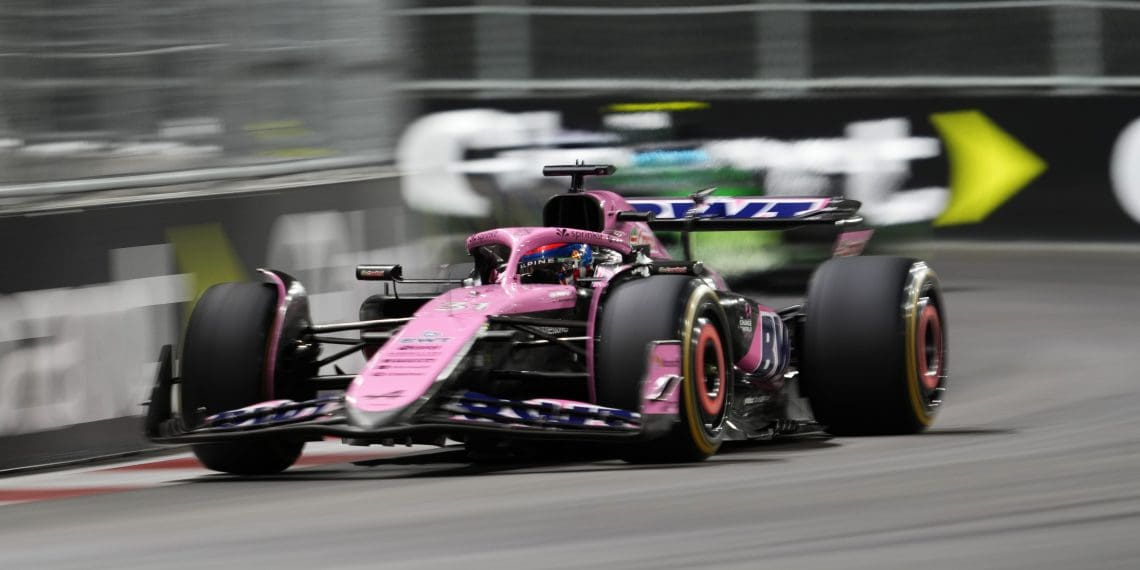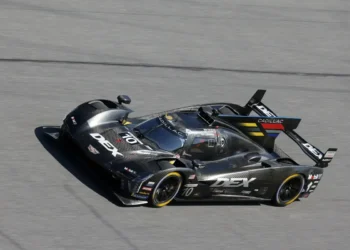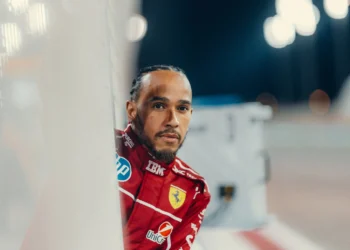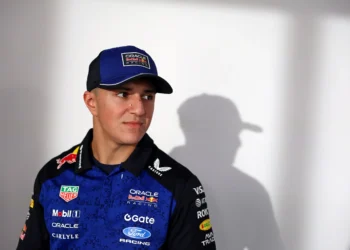The Formula 1 paddock is buzzing with the revelation that Alpine, Renault’s rebranded factory team, will switch to using customer Mercedes engines starting in 2026. Amid speculation about Renault’s long-term commitment to the sport, Flavio Briatore, who rejoined the Enstone-based team as a consultant in 2024, has firmly dismissed rumors of an exit, emphasizing Alpine’s determination to stay competitive in F1.
“The French Want to Win”: The Case for Mercedes Engines
In a candid interview with Auto Motor und Sport, Briatore addressed the decision to abandon Renault’s in-house power units, a move he frames as entirely performance-driven.
“The French want to win. We won’t win with our engine. It’s as simple as that,” Briatore said bluntly. “If we want to win, we have to give up the areas in which we are not competitive.”
Switching to Mercedes engines eliminates a significant performance deficit, according to Briatore, allowing Alpine to channel resources into chassis development and other performance-critical areas.
“Thanks to the Mercedes engine, we have one less problem to worry about in the future,” he added.
A Pragmatic Approach to Identity and Competitiveness
Briatore dismissed concerns that the shift to Mercedes engines might dilute Alpine’s identity as a Renault-backed team. Drawing comparisons to other teams, he said:
“McLaren becomes world champion with a Mercedes engine. How many times have you read or heard that McLaren-Mercedes has become world champion? I never have. Haas is Haas and not Haas-Ferrari.”
Briatore’s focus remains on achieving results, asserting that fans and stakeholders will judge Alpine by its on-track success, not the nationality of its engine supplier.
Commitment Amid Speculation
Renault’s fluctuating history in Formula 1—marked by multiple exits and re-entries—has fueled speculation about Alpine’s future. However, Briatore rejected suggestions of a potential sale or withdrawal, noting that such questions have persisted since his early days with the team.
“When we won the world championship title in 2005 and 2006, I was asked whether Renault wanted to stay in Formula 1,” Briatore recalled. “The truth is I always got what I needed for the job from Renault.”
A Strategy for Long-Term Success
Despite a turbulent midfield battle in 2024, Alpine secured sixth place in the Constructors’ Championship, finishing ahead of Aston Martin. Briatore attributes this success to pragmatic decision-making and financial efficiency.
“I believe in efficiency. That’s why I’m saving money everywhere in the areas that don’t make my car faster,” he explained.
Briatore’s return to Alpine has been marked by bold moves aimed at reviving the team’s fortunes. By relinquishing in-house engine development, Alpine is betting on a more streamlined and focused approach to F1 success.
Looking Ahead: 2026 and Beyond
As Alpine prepares for the 2026 season with a new power unit and renewed ambitions, Briatore is adamant about the team’s long-term commitment to Formula 1.
“There are purely sporting reasons for no longer using Renault’s own engines from 2026 onwards,” he concluded. “Alpine remains committed to its place on the Formula 1 grid.”
This calculated shift could position Alpine as a stronger contender in the ever-competitive midfield—and potentially a future threat to the frontrunners.










